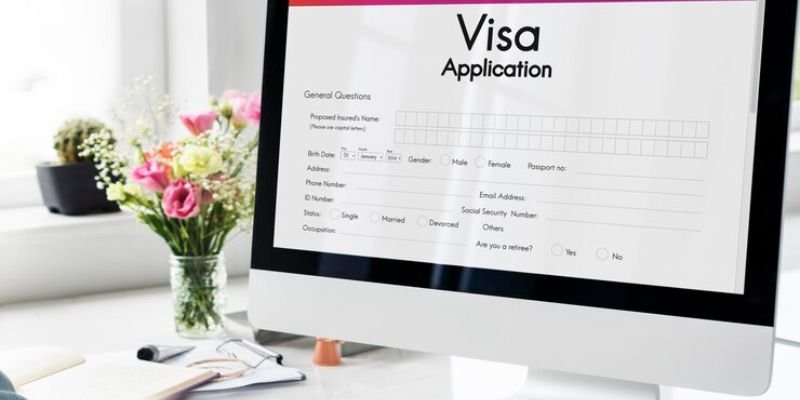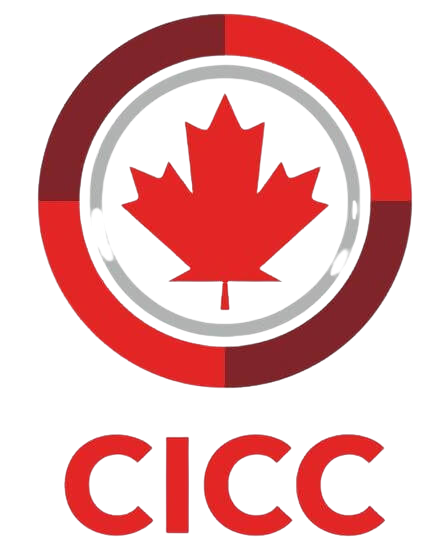Introduction
Are you considering making Canada your new home and obtaining a Permanent Residency (PR)? In this guide, we will understand the various pathways available for obtaining PR, eligibility criteria, the application process, potential challenges, and practical solutions. Whether you’re seeking a Canada Permanent Residency from India or any other part of the world, understanding the intricacies of the Canada PR program is crucial for a successful immigration journey.
Different Pathways to Permanent Residency
Canada offers a plethora of pathways for individuals seeking PR, each catering to different skills, experiences, and aspirations. Let’s delve into the diverse options available, each presenting unique criteria and opportunities.
a. Skilled Immigrants Program (Express Entry)
The Canadian Skilled Immigrants Program, operating through the Express Entry system, provides a straightforward route to PR. Eligibility hinges on meeting three fundamental requirements: age criteria, skill proficiency for work in Canada, and adequate financial resources. Additionally, a good language test score is essential, underlining the significance of linguistic abilities.
b. Federal Skilled Worker (FSW)
A subset of the Express Entry system, the Federal Skilled Worker program targets individuals with skilled work experience. Meeting criteria related to age, language proficiency, education, and verified work experience is crucial. Job categories include managerial, professional, and technical roles, each demanding specific skill sets aligned with Canadian needs.
c. Federal Skilled Trades Program (FST)
Designed for those with specialized skills, the Federal Skilled Trades Program focuses on occupations such as industrial, electrical, and construction work. Two years of relevant work experience is a prerequisite, with Canadian Level Benchmark (CLB) scores for language proficiency and proof of funds being essential.
d. Canadian Experience Class (CEC)
To qualify for the CEC, candidates must possess Canadian work experience of at least one full year within the last five years. This experience should be gained through either full-time or equivalent part-time work. Notably, work experience acquired without a temporary resident visa or unauthorized work is not considered eligible.
e. Start-up Visa
Entrepreneurs with innovative business ideas that can contribute to job creation in Canada can explore the Start-up Visa. Supporting other innovative ventures enhances visa prospects, emphasizing the need for creativity and novelty in proposed business concepts.
f. Investors Entrepreneurs Stream
While not actively granting visas, this category typically targets individuals willing to invest in projects benefiting the Canadian economy. Specific financial criteria, including a net worth of $600,000 CAD and a substantial investment of at least $800,000 CAD, are prerequisites for eligibility.
g. Self Employed
The Self-Employed program caters to individuals engaged in cultural activities or athletics at the international level. Canada PR requirements from India or anywhere else in the world include a minimum of two years of participation or service as a coach at the international level in the past five years.
h. Quebec Skilled Workers Program (QSWP)
Tailored for those intending to settle in Quebec, the QSWP mandates obtaining a Quebec Selection Certificate before proceeding with PR. Proficiency in the French language enhances eligibility, with Quebec having its own distinctive set of immigration rules.
i. Provincial Nominee Program (PNP)
The PNP necessitates showcasing valuable skills for a specific province in Canada. Alignment with the province’s needs is critical, and the application process, whether paper-based or online, varies by province. Quebec, however, operates independently with its own immigration procedures.
These diverse pathways provide individuals with options aligned with their skills, experiences, and aspirations, making Canada an inclusive and sought-after destination for Permanent Residency.
Eligibility Criteria for Permanent Residency
To secure a Permanent Residency (PR), candidates must meet a minimum of 67 points out of 100 based on specific selection factors. These key eligibility criteria include age, education, work experience, language proficiency, adaptability, and the potential advantage of having arranged employment. Meeting the age requirement of at least 18 years, completing higher education, possessing a minimum of one year of full-time work experience, demonstrating language proficiency through tests like IELTS, and showcasing adaptability, especially with a connection in Canada, all contribute to a successful PR application. Additionally, a job offer from a Canadian employer further enhances the chances of obtaining PR.
Application Process for Permanent Residency
The journey to obtaining a Canadian PR begins with securing essential documents like the Educational Credential Assessment (ECA) and IELTS scores. Applicants must achieve a minimum of 67 points in the Express Entry system to enter the pool and submit an Expression of Interest (EOI) profile. Following this, an Invitation to Apply (ITA) is necessary to proceed, allowing for the preparation and submission of a comprehensive application, including educational and employment records, proof of funds, and more. The process continues with acquiring a medical certificate and a Police Clearance Certificate (PCC). Applications are rigorously reviewed by immigration consultants before approval by the Immigration, Refugees and Citizenship Canada (IRCC), culminating in the issuance of PR confirmation and the Confirmation of Permanent Residence (COPR), marking the final step towards Canadian residency.
Challenges and Solutions
While pursuing Canada’s PR program, applicants may face challenges such as:
- Low CRS Score: Solutions include retaking IELTS for a higher score, improving education credentials, or gaining additional work experience.
- Lack of Job Offer: While not mandatory, a job offer enhances CRS scores. Actively job hunting or utilizing provincial nominee programs can address this challenge.
- Provincial Nomination Requirements: Understanding and meeting specific requirements of chosen provinces is crucial. Consulting with immigration experts like Croyez Immigration or legal professionals can provide valuable guidance.
Frequently Asked Questions (FAQ)
How much money do I need for Express Entry to Canada?
Proof of funds depends on the number of family members. For one person, it’s $13,310, increasing with each additional family member.
How are Express Entry points calculated?
Express Entry points are determined by factors like age, education, language proficiency, Canadian work experience, and more. Improving language skills or gaining additional work experience can increase points.
Can a Permanent Resident bring their family into Canada?
Yes, certain programs allow dependent family members like spouses and children to accompany the PR holder. However, specific rules apply to each immigration program.
Conclusion
Securing a PR in Canada involves an understanding of the available pathways, meeting eligibility criteria, and navigating the application process. So, if you are looking for Canada PR from India, embracing these opportunities can lead to a fulfilling and promising future in this diverse and welcoming nation.










